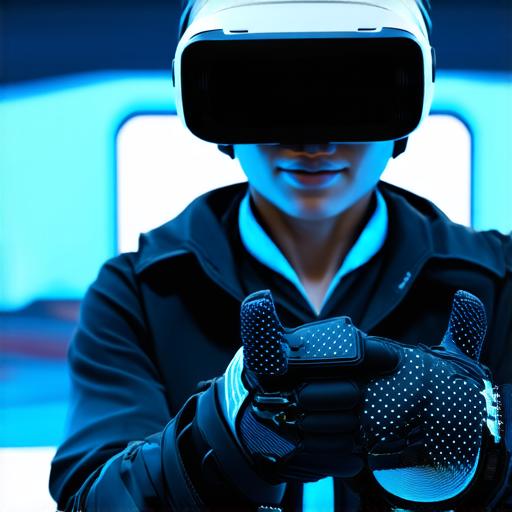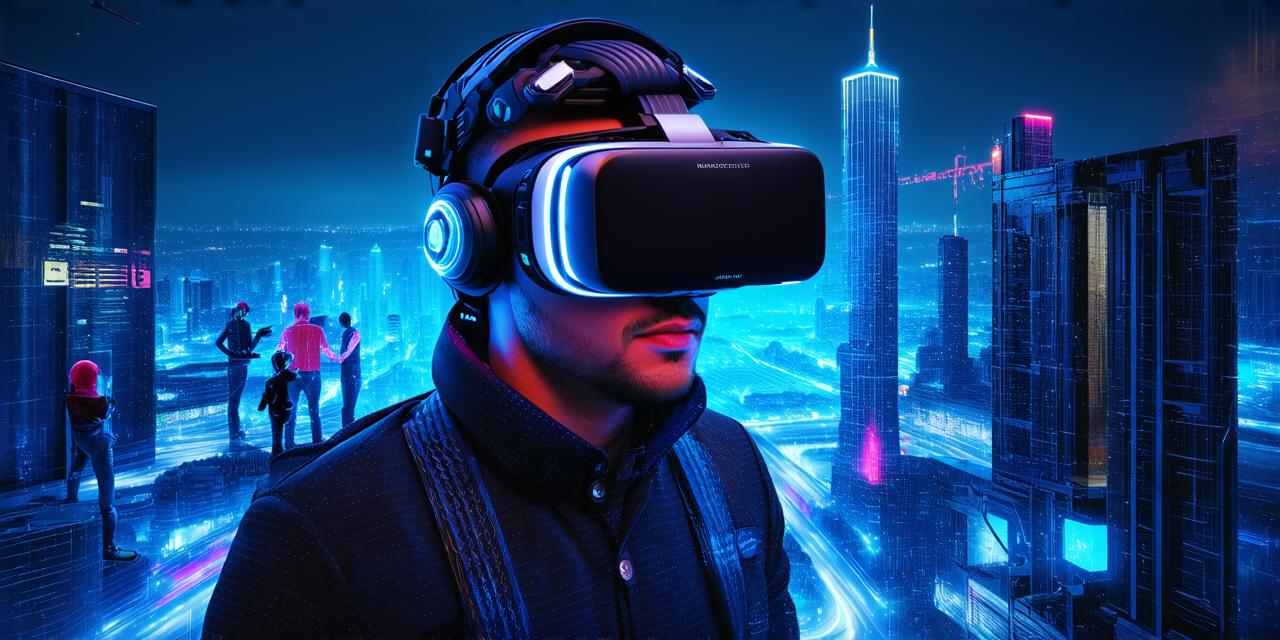Virtual reality (VR) technology is rapidly changing the way we interact with digital content. From entertainment to education, virtual reality has opened up a whole new world of possibilities.
Virtual Reality in Education
One of the most promising applications of virtual reality technology is in education. With VR, students can experience a whole new level of immersion and engagement. For example, instead of reading about the Pyramids of Egypt, they can virtually walk through them and explore their intricacies. This type of hands-on learning has been shown to improve student engagement and understanding.
Virtual reality can also be used in medical training. By simulating surgeries and other medical procedures, VR allows students to practice and perfect their skills in a safe and controlled environment. This not only reduces the risk of mistakes during actual operations but also saves money on equipment and facilities.
Virtual Reality in Business
Virtual reality technology is also being used in business for training and simulation purposes. For example, salespeople can virtually walk through a potential customer’s store and see how their products would fit in the space. This allows them to make more informed decisions about which products to stock and how to market them.

Another application of VR in business is in product design and development. By creating virtual prototypes, designers can test and refine their designs without having to physically build and test each one. This saves time and money while allowing for more accurate and efficient design processes.
Virtual Reality in Real Estate
Virtual reality technology has also revolutionized the real estate industry. With VR, buyers and renters can take virtual tours of properties without having to physically visit them. This not only saves time and money but also allows buyers and renters to see properties that may be out of their area or budget.
Real estate developers can also use VR to create virtual models of their properties. This allows potential buyers and renters to see how the property will look before making a final decision. This not only improves the buying experience but also reduces the need for physical models, which can be costly and time-consuming to create.
Virtual Reality in Gaming
Virtual reality technology has transformed the gaming industry. With VR, gamers can immerse themselves in a whole new level of realism and interaction. From first-person shooter games to puzzle-solving adventures, virtual reality has opened up a whole new world of possibilities.
Virtual reality technology also allows for multiplayer games that span across different locations. This not only improves the gaming experience but also allows players from around the world to compete against each other in real-time.
Case Studies and Personal Experiences
One example of virtual reality technology being used in education is the Google Expeditions app. This app allows teachers to take their students on virtual field trips to various locations around the world, such as museums, historical sites, and natural wonders. The app has been shown to improve student engagement and understanding, especially for students who may not have access to these experiences otherwise.
In business, a company called Virtual Reality Medical Center uses VR technology for medical training. By simulating surgeries and other medical procedures, the center allows doctors and nurses to practice and perfect their skills in a safe and controlled environment. This not only reduces the risk of mistakes during actual operations but also saves money on equipment and facilities.
In real estate, a company called The Realty Experts uses VR technology to create virtual models of properties for potential buyers and renters. By allowing buyers and renters to see how the property will look before making a final decision, The Realty Experts has improved the buying experience and reduced the need for physical models.
